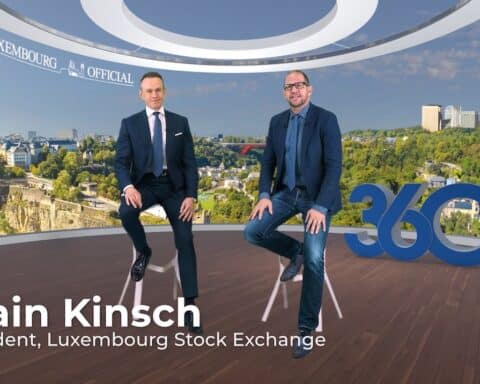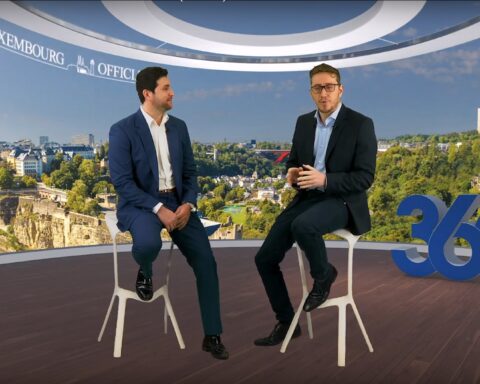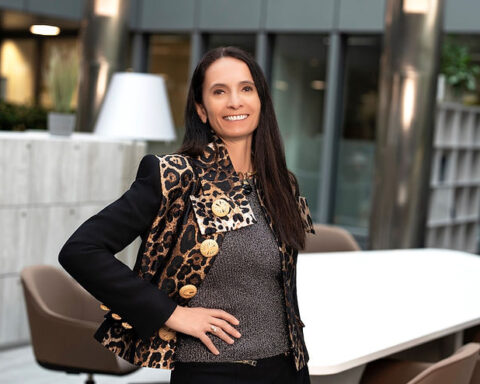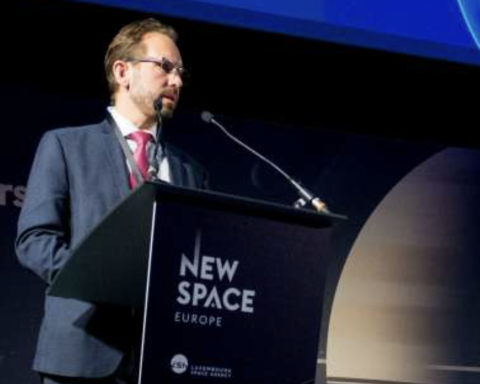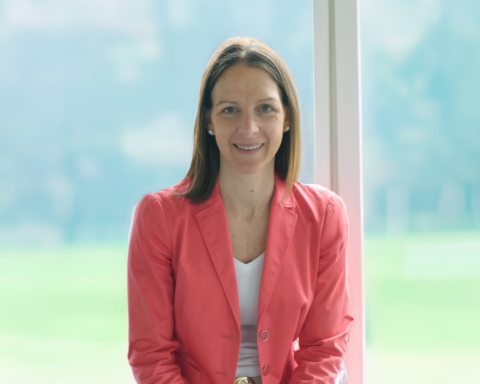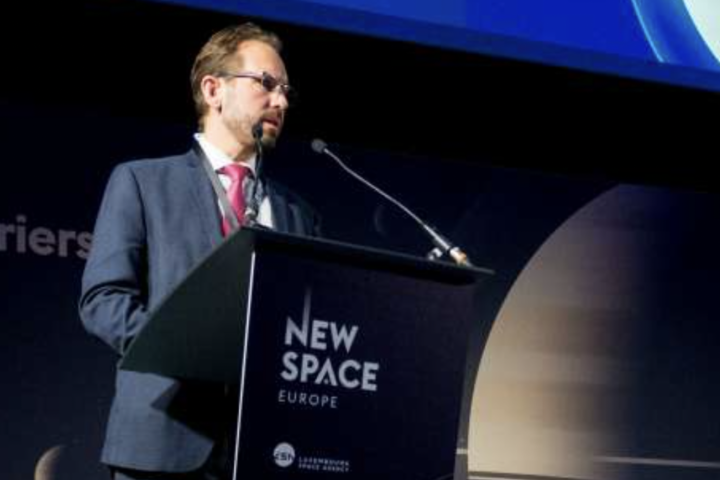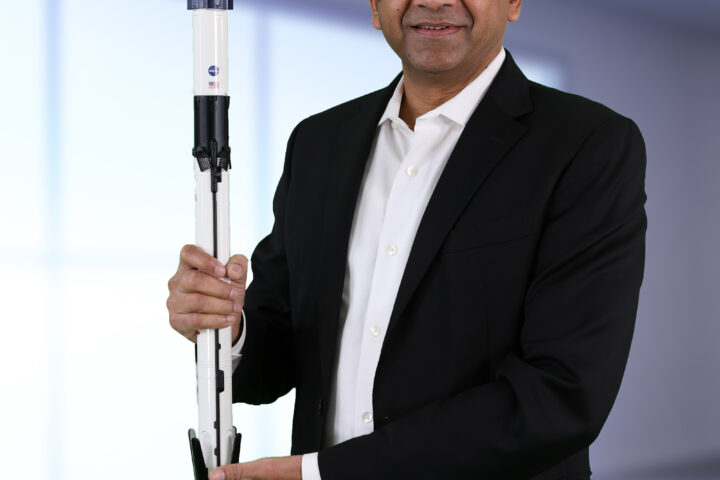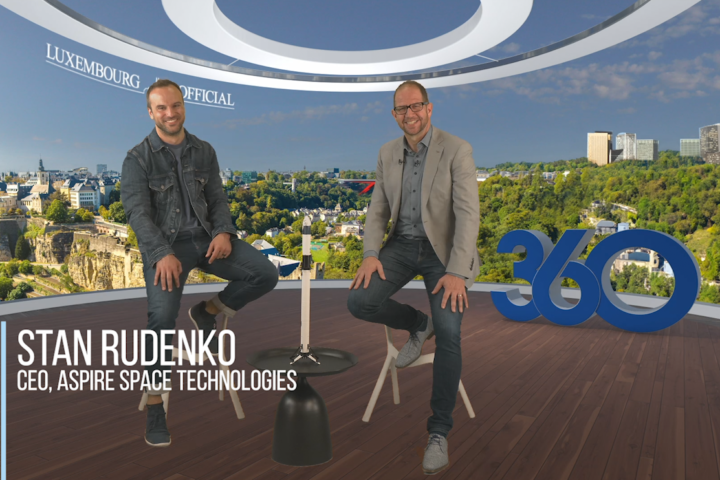How are digital sales evolving?
Digital sales used to be the preserve of tech and other cash-rich companies, but today it’s become a necessity for almost every company across the world. Digital sales are every entrepreneur’s dream – the customer is basically selling your product to him- or herself. Car dealers, restaurants, banks and many other types of company can suddenly make money without talking to their new customers.
“Anyone who says he has found a way to turn €1 into €1.10 on Google ads is a multi-millionaire or a liar”.
Where should companies start?
Most people would say: Google ads, LinkedIn ads or Facebook ads. From my experience, working with companies of all sizes since 2000, it works very well for lifestyle products such as shoes, make-up and clothes, preferably with large discounts, but not so well for other segments. Many self-described experts claim it is easy, but I always ask them why they don’t do it for themselves. Anyone who says he has found a way to turn €1 into €1.10 on Google ads is a multi-millionaire or a liar. Google ads, for example, can produce a guaranteed traffic to your website for a pre-determined price, but that does not mean that the visitors will buy! And the key, of course, is the cost of acquisition of a new customer. Few of my clients are concerned about acquiring simple visitors or clients who spend a fraction of the cost invested to attract them.
What do you recommend for companies unable to use Google ads?
Taking the example of a restaurant, I would say it’s wise to connect with platforms such as Wedely. More ambitious entrepreneurs can bypass this intermediary by implementing ready-to-use an online sales module from software providers such as www.laddition.com. But the real key to success for restaurant owners is not buying ads on Google, but in their sales fundamentals. One of my “Restaurant Chef” clients was welcoming 15.000 persons per year but only had 22 emails in his database when we started working together. Restaurant owners need systematically to collect the e-mails of clients – and GDPR signature – with a nice postcard at the end of each meal or order. They also need to invite people on their favorite social networks. This allows them to send newsletters and to post on Facebook or LinkedIn free of charge! I never went to a restaurant after discovering it through a Google ad – instead, friends tell me what they like, and I follow their judgment. Facebook and LinkedIn are great as a publishing platform, not so much as an ad machine. The same logic applies to companies of all sizes. Most of them will not become an Amazon in their own sector, but they can expand their online sales significantly within a few weeks if they implement solid fundamentals.
“I never went to a restaurant after discovering it through a Google ad”
What are the challenges with these strategies?
As with all digital strategies, the biggest challenges are human. Many employees simply hate to pick up the phone, send an email or explore new technologies. A mailmerge for Word, for example, enables you to send 1,000 personalised e-mails at the same time, but first you need to learn the very simple steps to do this. Selecting and configuring a solid newsletter system is also easy, but it takes a bit of curiosity and experimentation. Everything lies in the mindset – people who complain non-stop about Covid-19 are wasting precious energy that they could invest in exploring new avenues for growth!
What are the unique factors regarding sales in Luxembourg?
Two key elements make Luxembourg unique: access and culture. In Paris it is virtually impossible to reach CEOs and other decision-makers from big companies, but in the Grand Duchy, almost anyone can get access to decision-makers, politicians and experts relatively easily. On the other hand, Luxembourg has a very specific sales-averse culture, inherited from decades of private banking when clients came to the country by themselves – no sales were needed. Salespeople are often perceived as annoying or desperate. The irony, of course, is that most of the wealth that made the financial industry such a strong pillar of the economy came from entrepreneurs who took risks, sold products and accumulated wealth over generations.

